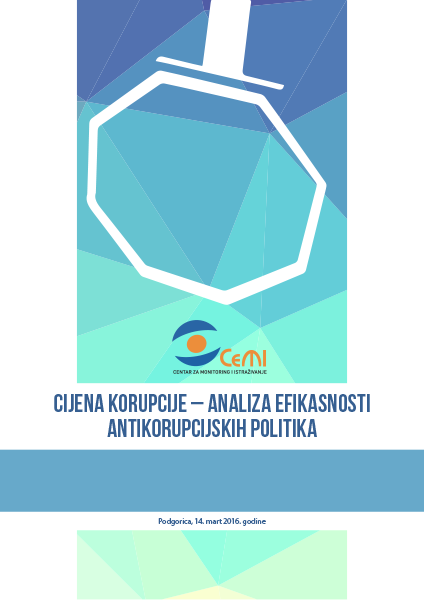The most commonly accepted definition of corruption, as provided by Transparency International, is "using public powers for personal benefit." Others describe it as "a symptom and outcome of institutional weakness, with potentially adverse effects on the economic performance of the state." Numerous studies have demonstrated that corruption discourages investment, limits economic growth, and distorts the allocation of budgetary resources, often to the detriment of overall economic progress. Limiting economic growth, exacerbating societal inequality, and fostering negative behavioral patterns and skewed value systems are among the fundamental consequences of corruption, as highlighted in numerous surveys.
Thus, in our efforts to combat corruption, one of the primary objectives is to mitigate its harmful effects. This includes preventing negative economic growth, curbing illegal enrichment, averting potential harm to business entities and the state budget, reducing social inequalities, and fostering awareness about the damaging impact of corruption while diminishing citizens' willingness to engage in corrupt practices.
